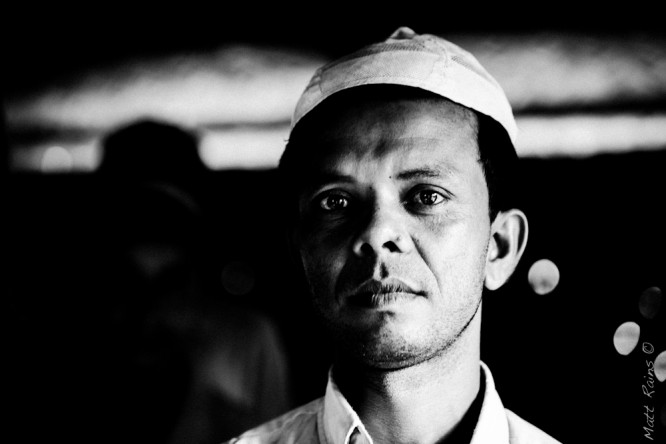Thailand’s junta chief has given a ten-day deadline for the elimination of all illegal detention camps of smuggled migrants across the country’s 76 provinces after the discovery of two abandoned sites complete with graves and bodies, amid emerging evidence of widespread corruption.
Investigators and survivors say there could be dozens more such sites.
Many who were holed up or died in those camps in southern Thailand’s Songkhla Province were Muslim Rohingyas from over the border in Burma.
In Buddhist-majority Burma, discrimination, the threat of violence and a lack of opportunity mean many Rohingya are vulnerable to coercion or encouragement from traffickers who promise them a better life and opportunity in Thailand, or in the predominantly Muslim state of Malaysia. In reality these traffickers frequently sell migrants on as slaves, or ransom them to family members back home.
Following Prayut Chan-o-cha’s order, Thai police have begun working to clear all smugglers’ camps from Thailand’s south.
But kneejerk reactions such as the demolition of trafficking camps is likely to merely push the business further into the dark, and encourage greater risk-taking by migrants and smugglers.
As survivors tell of beatings, killings and starvation, Thai officials say they have launched a full-scale investigation into the camps and the networks behind them.
“I will not allow these kind of camps to exist in Thailand,” national police chief Somyot Poompanmoung told reporters in Bangkok on Thursday.
Thirteen high-ranking immigration officials and more than 50 police officers have been transferred from their positions in the southern provinces of Songkhla, Satun and Ranong under suspicion of wrongdoing as the investigation progresses.
Any investigation needs to be free from scapegoating, and must examine the culture of corruption that exists and allows such a network to propagate. Though ambitious, without this, reform is impossible and the crooked system will regenerate.
[related]
The smuggling of migrants into Thailand has certainly been no secret – the country is currently in hot water for its inaction on trafficked workers in its profitable fishing industry, and the ‘Rohingya issue’ has been a source of outrage among observers since two reporters on a local paper on the Thai island of Phuket first brought the story to international attention in 2013 – and Prayut Chan-o-cha needs to appear to be in control of the situation for fear of diplomatic and economic reverberations.
As news of the crackdown in Thailand’s south spreads, smugglers and traffickers have undoubtedly fled their camps, leaving many to wonder what has become of those victims left behind.
Groups of abandoned migrants have already stumbled into villages, or been found by police.
On Thursday a group of 17 smuggled migrants were picked up by Thai police after being abandoned by their guides en route to the Malaysian border, according to media reports.
By demanding the elimination of all camps as his foremost strategy without considerable wider planning, Prayut is fundamentally saying that the Rohingya crisis is not Thailand’s problem.
But what of the many millions of Burmese migrants who live and work in Thailand without any documentation?
The United Nations lists an unregulated and informal labour market as a ‘pull’ for human trafficking. This week the Thai government announced the distribution of labour cards to fishing workers following an EU threat to ban all fish imports if the situation wasn’t improved – but it remains unsaid how far-reaching this initiative will be, and whether it will form a precedent for other industries.
As for the root of the problem – until social and economic development is on the rise for all in Burma, including in restive Arakan State, persecuted people will continue to search for a way to improve their situation outside of the country, and will be forced to put their faith in those who happily deal in the lives of others.
Thailand’s premier is in a powerful position to implement proper labour regulation and safeguards for all workers within the country, and influence its western neighbour to reform its treatment of the Rohingya people.
The camps are merely the tip of the iceberg. Thailand’s unprotected labour market leaves it open for traffickers and corrupt officials to turn a profit on others’ vulnerabilities, and the Burmese government’s antagonising of the Rohingya crisis within its borders ensures there is a steady flow of those with little to lose.



